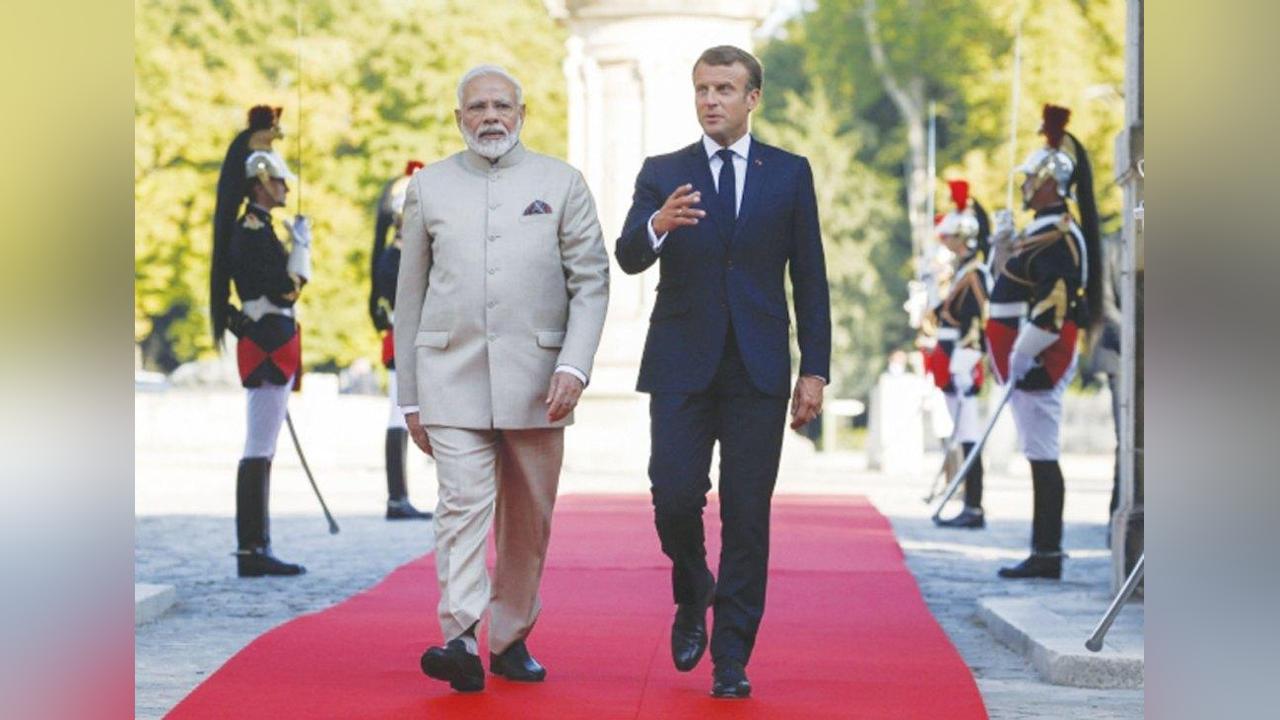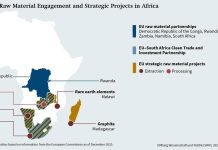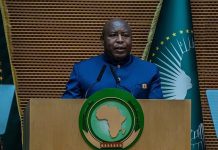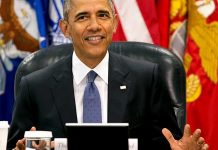Africa-Press – Mauritius. While France is coming out of a major traumatic episode where Emmanuel Macron shone with his lack of commitment and firm position, the President of the Republic had a distinguished guest for the traditional July 14 parade: Narendra Modi, the Indian Prime Minister.
This visit was not without its share of controversy, in particular against the French President, who departed from tradition by not speaking on the day of the national holiday.
The media, for their part, have insisted on the symbol represented, in their eyes, by Modi, a fervent defender of Hindutva, in the context of the French riots and what should be called the malaise of the suburbs, mainly populated by descendants of migrants from the Maghreb and sub-Saharan Africa.
Was there implicitly on the part of Emmanuel Macron the desire to send a message to the population? We highly doubt it. Official visits by Heads of State are not organized overnight.
Such visits are primarily an opportunity for them to discuss international cooperation rather than local issues. And this visit by Modi to France was actually highly strategic for both countries.
On the one hand, the Indian Prime Minister continues to develop the middle way strategy, theorized by his current Foreign Minister, Subrahmanyam Jaishankar.
This highly pragmatic approach places international relations at the heart of Indian economic development, without the latter becoming subservient to a particular pole of global geopolitics.
India charts an alternative course India, therefore, is charting an alternative course, working with countries that lean toward the American sphere of influence as well as those that prefer the Chinese sphere of influence.
Moreover, it maintains cordial diplomatic relations, fraught with real problems, with the United States and with China. A highly strategic example of this remains the fact that the Indian government remains fully loyal to the QUAD security agreements while being an active and influential member of the BRICS.
Emmanuel Macron has not only understood and assimilated this well, but it is increasingly clear that he considers the Indian path to be the one that France and the European Union must take.
Moreover, he has demonstrated this posture on several occasions recently, notably on the Ukrainian question, where he openly opposed the idea of using a “fast-track” for Ukraine’s entry into NATO.
He also opposed the opening of a NATO office in Japan, seeing it as a symbolic act of aggression against China. At the same time, Emmanuel Macron has continued to multiply commercial representations to Narendra Modi.
These representations have accelerated since the cancellation of Australian orders for French submarines, with the AUKUS agreement. Is France trying to sell its submarines to the Indian Navy? Maybe.
What is certain is that Narendra Modi’s visit to France, like his recent visit to the United States, will above all serve to strengthen commercial exchanges of a military nature.
It is absolutely no secret that India’s security priority is an accelerated development of its navy in order to have an increased hold on the western Indian Ocean.
This positioning is of great importance for India which, according to IMF projections, could become the world’s third largest economy by 2050. It is also decidedly strategic for countries that do not wish to entirely enter into a bipolar dichotomy between the United States and China.
Indeed, the Indian-style middle path could quickly become an extremely influential pole of global geopolitics, thus giving real substance to the notion of multipolarity.
And it is obvious that a certain number of countries could consider that their sovereign interests would be better defended in a rapprochement with the Indian power in the making.
Moreover, it seems that this is the point of view of Emmanuel Macron. And Maurice in all this? Let’s just say that all this is not trivial for us because France and India are historically our two strategic partners. And the ramifications of a France/India rapprochement could have lasting and significant consequences for our own foreign policy.
For More News And Analysis About Mauritius Follow Africa-Press







